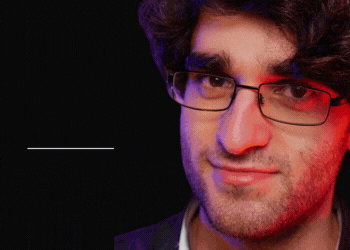[Réflexion] "Si votre magie va de A à B, alors vous loupez 24 opportunités"
- Pas de pub non magique pour les membres du Cercle VM. Clique ici pour en savoir plus !
-
Messages
-
Par Christophe LEMONNIER · Publié le
C'EST ARRIVE DEMAIN (1944) Un journaliste reçoit chaque jour le journal du lendemain ce qui lui permet de créer des scoops ! En parallèle, sa dulcinée fait de la voyance. BEYOND THE INFINITE TWO MINUTES (2020) Peut-être que cela sort du cadre... Ou pas ! Un homme peut voir 2 minutes dans le futur via l'écran de télévision qui est installé dans son café. Il peut donc communiquer avec son "moi" du futur. Ce dernier communique avec son "moi" du passé. -
Par Gaëtan BLOOM · Publié le
Oui, C'est très vrai, et une immersion totale de deux jours... Je dois avoir été engagé quatre fois, et on ressort toujours crevé, mais heureux... Les stagiaires sont toujours "demandeurs" et à l'écoute. L'année dernière, j'ai même fait la traduction pour Dani Da Ortiz... Je m'attendais à des vacances... mais non!, Dani a un débit incroyable, et des phrases très structurées, dans son apparent bazar.... Ce fut un boulot génial, mais à plein temps. -
Par Woody (Philippe) · Publié le
S’il y en avait encore qui doutaient, ben ils peuvent arrêter maintenant. 😉🙂
-
-
Statistiques des membres
-
Statistiques des forums
-
Total des sujets84k
-
Total des messages678.9k
-






(2).gif.df27bc07cef0e29200c3a3b4a6f86666.gif)
Recommended Posts
Rejoins la conversation !
Tu peux publier maintenant et t'enregistrer plus tard. Si tu as un compte, connecte-toi maintenant pour publier avec ton identité.